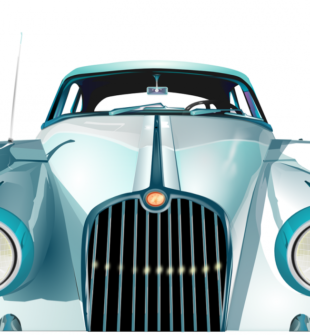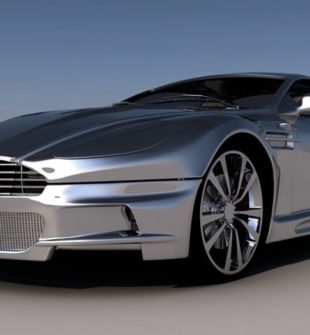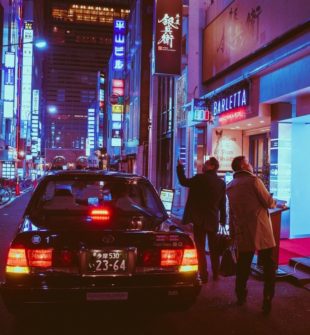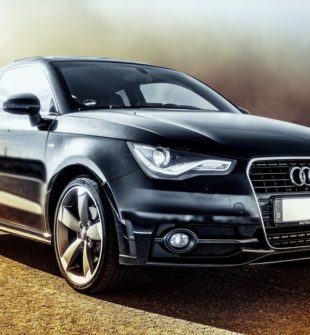VW Beetle: The Iconic Car That Stole Hearts for Generations
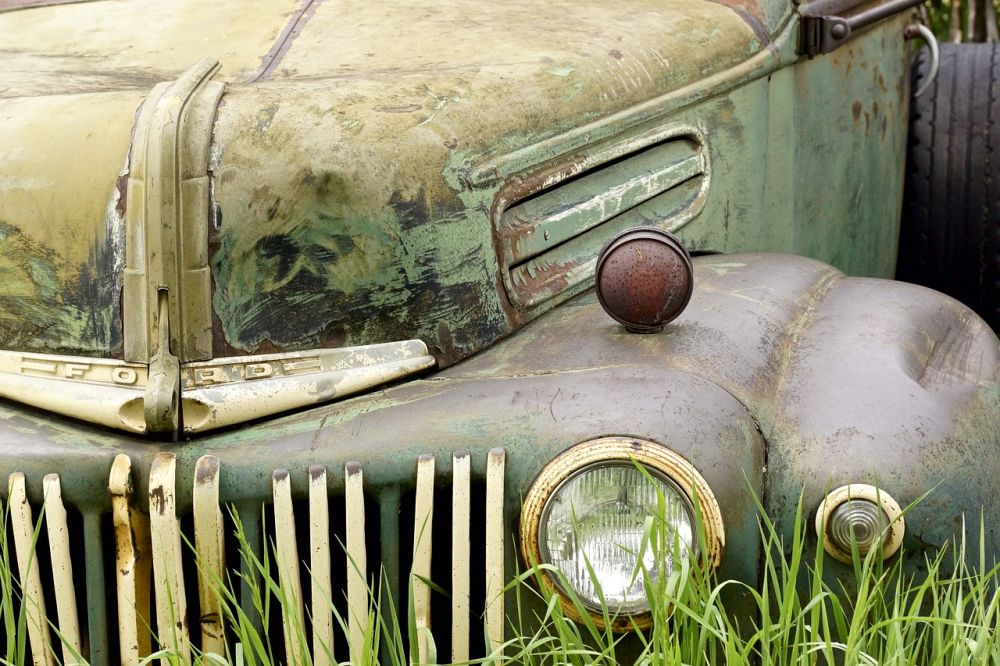
Introduction
VW Beetle, also known as the Volkswagen Beetle, is a symbol of automotive history. This timeless masterpiece has captured the hearts of car enthusiasts and owners alike, showcasing its unmistakable design and practicality. In this article, we will delve into the fascinating world of the VW Beetle, providing a comprehensive overview for those interested in this iconic vehicle.
A Brief Overview of VW Beetle
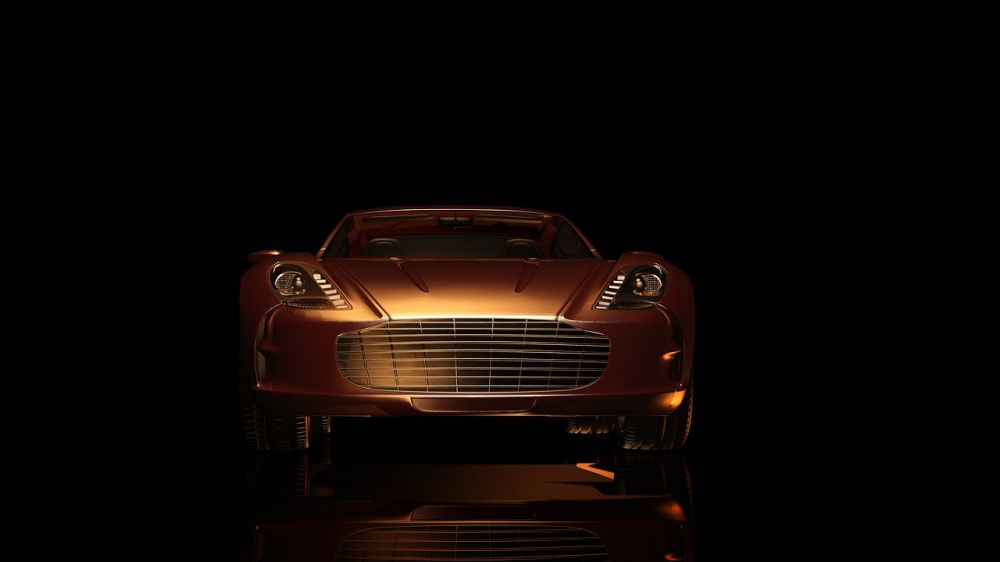
The VW Beetle, introduced in 1938 by German automaker Volkswagen, quickly gained popularity for its affordability, reliability, and distinctive appearance. Designed by Ferdinand Porsche, this compact car became a symbol of the “people’s car” concept, offering accessibility to car ownership to the masses. Its rounded shape and friendly appearance made it easily recognizable on the streets, and it soon became a cultural icon worldwide.
Over the years, the VW Beetle has undergone various transformations to keep up with the demands of the changing automotive industry. From its humble beginnings as a simple and functional vehicle, the Beetle evolved into a symbol of freedom, individuality, and self-expression.
Historical Evolution of VW Beetle
1930s-1940s: The Birth of an Icon
The story of the VW Beetle began in the late 1930s when Ferdinand Porsche was tasked with designing a car that would be affordable for the average German citizen. Inspired by the streamlined designs of that era, Porsche created the first prototype of the Beetle. However, due to the outbreak of World War II, production was put on hold, and the Beetle was temporarily transformed into a military vehicle, known as the Kubelwagen.
1950s-1960s: A Global Sensation
After the war, the VW Beetle was reintroduced as a civilian vehicle and quickly gained popularity worldwide. It became a symbol of post-war rebuilding and economic recovery and was embraced by people from all walks of life. The car’s legendary reliability, fuel efficiency, and affordability made it an ideal choice for families and individuals seeking practical transportation.
1970s-1980s: A Shift in Style and Performance
In the 1970s, the Beetle underwent significant redesigns to meet changing safety and emissions regulations. The iconic round headlights were replaced with rectangular ones, and the engine received upgrades to improve performance and fuel efficiency. However, despite these changes, the Beetle started facing increased competition from more modern and efficient vehicles, and sales began to decline.
1990s-Present: The Resurgence and Modernization
In the late 1990s, Volkswagen reintroduced the Beetle with a modern twist, capturing the nostalgia of the iconic original. This “New Beetle” featured a more streamlined silhouette while maintaining the distinctive retro design. It quickly became a fashion statement, attracting a new generation of Beetle enthusiasts. The New Beetle received critical acclaim and enjoyed success throughout the 2000s.
In 2011, Volkswagen unveiled the third-generation Beetle, combining the classic design with modern technologies and enhanced performance. With improved safety features, advanced infotainment systems, and efficient engines, this iteration appealed to both old and new fans of the Beetle.
The VW Beetle Today: A Timeless Classic Reinvented
Despite the discontinuation of production in 2019, the legacy of the Beetle lives on through the hearts of millions. Its timeless appeal and unique design continue to influence modern car design, with elements of the Beetle often seen in contemporary vehicles. The Beetle remains a symbol of individuality, free-spiritedness, and automotive ingenuity.
Conclusion
The VW Beetle has left an indelible mark on the automotive industry, captivating hearts for generations. From its modest beginnings to its global popularity, the Beetle has stood the test of time, symbolizing affordability, reliability, and a true passion for the open road. Whether you are a vintage car enthusiast or a lover of timeless design, the VW Beetle holds a special place in the hearts of many, forever etched as an icon of automotive history.
Sources:
– “The People’s Car – A Global History of the Volkswagen Beetle” by Bernhard Rieger
– Volkswagen Newsroom
– Volkswagen Official Website

